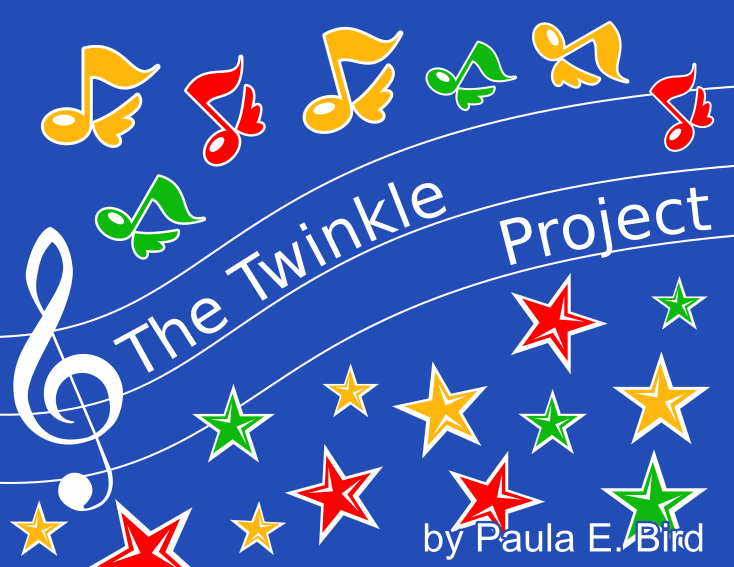Podcast: Play in new window | Download
Goodbye, 2020! At the start of a new year, I find it helpful to spend some time reflecting on my past year using the protocol set out in Jinny Ditzler’s book, Your Best Year Yet! Today’s episode is part 1 of 2 and visits the first four questions. I share my past year and encourage you to uncover the lessons you can take away from your own past year.
New Year Discount for Two Teaching Books
To celebrate the new year 2021, Teach Suzuki Publications is offering a special discount for two teaching books: The Twinkle Project, which is described in the two videos below, and Little Things for Little Strings, by Eva Belvelin. The 20% discount is good through Sunday 1/31/2021. You can purchase the books here: Teach Suzuki Shop. The discount (END2020) is automatically applied at the time of the shopping checkout.
Other Helpful Resources
Here are some other helpful resources mentioned in the episode. Some of these items may be associate links, which means that if you use these links to purchase, the blog and podcast may receive a small benefit (at no additional cost to you):

“Atomic Habits” by James Clear
Episode 217 Look to the Future (how to write a letter to/from the future)
Interview with Eva Belvelin, author of “Little Things for Little Strings”
Interview with Brecklyn Ferrin about Boundaries (Podcast episode)
Benefits of Nasal Breathing (video)
How about buying me a cup of coffee?
If you want to show your appreciation and encouragement for the podcast, why not make a small donation (e.g., the price of a cup of coffee) to my Venmo or PayPal accounts? I am so grateful to those listeners who have regularly encouraged me by making donations on occasion.
Buy The Twinkle Project
You can support the blog and podcast by purchasing The Twinkle Project, my book to help teachers and parents of young violin beginners. This book takes teachers and parents through all of the steps to teach a complete violin beginner all the way through the “Twinkle, Twinkle, Little Star” variations and begin the next steps to learn “Lightly Row.” Included in the book are many forms and checklists to guide teachers and parents through the progression of steps to learn this important initial stage to play the violin.

The following video explains why I wrote this book.
This video discusses what the book is about.
Episode 54, The Twinkle Project (this podcast episode examines the book in more depth)
Contact Me
I really enjoy hearing from my readers and listeners. If you have a question, a comment, a suggestion, or an idea for future articles and podcast episodes, please consider contacting me. You can find me by email (paula@teachsuzuki.com) or find me on Facebook (Teach Suzuki).
Leave a Review
Many listeners ask how they can support the podcast. If you are a fan of the podcast, you can support it by leaving a rating and review. Here is how to review the podcast:
- Launch Apple’s Podcast app.
- Tap the “search” tab, enter “Teach Suzuki,” tap the blue Search button, and you will pull up the podcast.
- Tap on the album art for the podcast.
- Scroll down to the “write a review” link, and leave a rating and a review.
- That is how easy it is!
If you have questions or answers or would like to comment or send me an email, you may do so at paula@teachsuzuki.com. I welcome comments and questions about this episode and am interested to hear other parents’ and teachers’ perspectives.
You may find more information and useful articles on my blog at Teach Suzuki Blog.
Until next time,
Happy Practicing!
—– Paula —–
© 2021 by Paula E. Bird
Join the Teach Suzuki Community!
If you would like to donate to support the Teach Suzuki Podcast and the blog, click here to donate.
